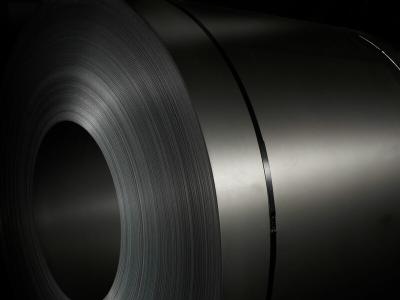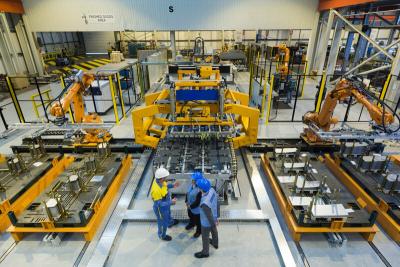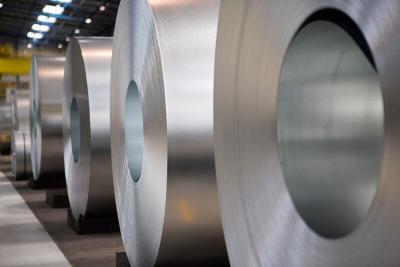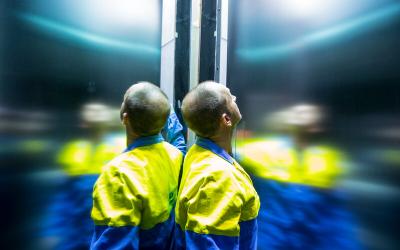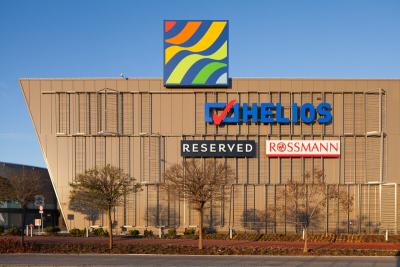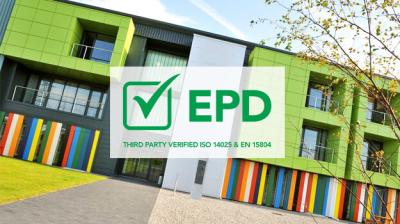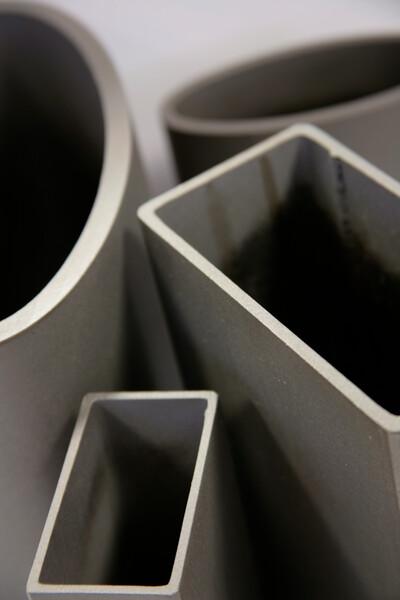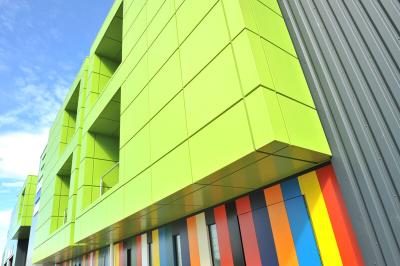What sustainability challenges are driving change?
The world is in urgent need of more sustainable human behaviour and society is demanding that companies take their responsibility. Working to a more sustainable world requires companies to develop activities related to responsible supply-chains, circular economy and reduction of carbon emissions.
All companies are reviewing the sustainability of their supply chains from an ethical, environmental and human rights perspective. The identification and mitigation of risk requires a due diligence approach throughout the value chain.
We all have to reduce human impact on the world, which means conserving resources and migrating to the circular economy.
As we move into an era of electrification for transport, in which use-phase emissions will reduce to near zero, focus has turned to the CO2 emissions from production of the materials used in the manufacture of vehicles.

Improving circularity: maximising resource efficiency and closing the loop on steel and zinc-based coatings
The circular economy is based on maximising the use of resources, including minimising waste during vehicle manufacture, and recovering and recycling of waste at end of life. The recycling rate of automotive steels is > 97%, so steel can already be described as a truly circular material.
Almost all of the steel in a car body is galvanised which is why Tata Steel is developing technology to recover both steel and zinc through our breakthrough HIsarna technology. HIsarna will not only improve the circularity of both steel and zinc, it will enable the product loop to be closed, whereby automotive steel scrap can be remanufactured back into new automotive steels and zinc recycled into coatings for automotive steel products.
Resource efficiency can be achieved by using less of a resource or reducing waste. Our MagiZinc product offers a 50% reduction in zinc usage for the same corrosion resistance while also improving press shop performance by reducing waste.
Why car-makers need reduced CO2 footprint steel
With global attention focused on climate change, reducing CO2 emissions is a key target for the automotive value chain. With up to 50% of the weight of a vehicle being made from steel, it is clear that steel contributes significantly to overall embodied carbon. By reducing manufacturing emissions, the steel industry can support the value chain in delivering on decarbonisation targets.
The embodied carbon of steel derives primarily from CO2 emissions during the extraction of iron from its ore and its conversion to steel. There are many possible technological solutions and scenarios that could enable a transition to carbon-neutral steel-making. Above all, maintaining product quality and ensuring the availability of a full range of products is essential for the next generation of safe, light-weight vehicles.
Tata Steel is focused on technological solutions that achieve a rapid pace of decarbonisation while maintaining the availability of a full range of products during the transition. Because of an expected increase in global steel demand and absence of sufficient scrap until at least 2100, primary steel will be required for the coming decades. That is why we are developing ground-breaking technology to minimise CO2 emissions in primary steelmaking.
How can risk be mitigated in the automotive value chain?
The automotive value chain is truly global and sources materials from all over world. As a key supplier to the sector, Tata Steel recognises its’ responsibility to source materials responsibly, working in close cooperation with suppliers to address issues such as health and safety, human rights and fair business practices by taking a due diligence approach.
We recognise the benefits of supply chain certification, such as BES 6001, and the power of cross-industry collaboration to leverage supply chain improvement. This is why Tata Steel is a member of the Responsible Mining Initiative (RMI), the European Partnership for Responsible Minerals (EPRM), and a signatory to the International Responsible Business Conduct agreement for metals sector.
In September 2020, all of Tata Steel’s operations in 26 countries signed up to ResponsibleSteel™, as part of Tata Steel's commitment to reducing CO2 emissions, creating jobs and protecting the environment and society.
Are you interested in better understanding of the life cycle performance of steel?
A life cycle assessment (LCA) considers all aspects of CO2 performance from iron extraction, manufacture of steel and processing into parts, vehicle use, and recovery and recycling at end of life.
LCA is based on a fully itemised inventory of materials, energy sources and resource efficiency (e.g. yield) and considers the CO2 impact of each phase.
LCA is an ideal tool for identification of opportunities for CO2 emission reduction during, for example, part manufacture. This could include how parts are formed in the press, yield improvement or right-first-time opportunities, or changes to the way parts are designed including the type of steel used.
Our award-winning specialists have many years of experience in life cycle assessment and offer an expert LCA service to support material selection and part-manufacture decision-making for automotive applications.
For automotive downloads
-such as brochures, case studies and data sheets-
please click below:
Tata Steel plans to develop largest CO2 capture installation in the world
Tata Steel has launched plans for a project to capture CO2 from its blast furnaces in IJmuiden, Netherlands, and transport it for storage in empty North sea gas fields.
The project would lead to a 30% reduction in CO2 emissions from the site.





